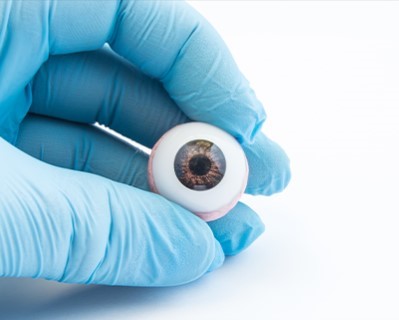Enucleation
- Purpose: Removes a damaged or diseased eye.
- Procedure: The eye is surgically removed, often replaced with an ocular prosthesis.
-
Note: The information provided here applies to standard Enucleation procedures under typical conditions. However, specifics may vary based on individual factors, such as the underlying reason for enucleation, the patient’s overall health, and any complications that might arise during or after the procedure. Patients seeking this surgery through health tourism should also consider local regulations and the importance of choosing a reputable clinic that adheres to international standards.
Inpatient/Outpatient
Enucleation is typically performed as an inpatient procedure, requiring a hospital stay for monitoring and initial recovery after the surgery.Hospital Stay Duration
Patients undergoing enucleation generally require a hospital stay of 1 to 2 days to ensure proper post-operative care and monitoring. This allows healthcare providers to manage pain, prevent infection, and monitor for any complications.Type of Anesthesia
Enucleation is performed under general anesthesia, ensuring the patient is fully unconscious and pain-free during the procedure.Travel After Procedure
Patients are generally advised to avoid long-distance travel for at least 2 to 4 weeks after the procedure to allow for proper healing and to monitor for any potential complications, such as infection or issues with the eye socket.Pre-procedure Preparation
Preparation for enucleation involves following specific guidelines from the healthcare provider, such as fasting before surgery, adjusting medications, and undergoing pre-operative tests like blood work and imaging. Patients should ensure they have all necessary documentation and medical records if traveling internationally for the surgery.Procedure Duration
The enucleation procedure typically lasts between 1 to 2 hours. During the surgery, the entire eye is removed, and an orbital implant is usually placed in the eye socket to maintain its shape. A temporary conformer is often placed over the implant to aid in healing and to prepare for a future prosthetic eye.Recovery Time
Recovery from enucleation takes several weeks. Patients may experience swelling, bruising, and discomfort around the eye socket, which should gradually improve. Full healing typically occurs within 4 to 6 weeks, after which a custom prosthetic eye can be fitted. Patients should avoid strenuous activities and follow their healthcare provider’s instructions for eye socket care during recovery.Estimated Cost
The cost of enucleation can vary depending on the complexity of the procedure, the surgeon's expertise, and geographic location. Patients should consult their healthcare provider or surgical center for detailed cost information, including any additional fees for the orbital implant, prosthetic eye, and follow-up care.Post-procedure Care
Post-operative care for enucleation includes managing pain, preventing infection, and ensuring proper healing of the eye socket. Patients will need to use prescribed medications and follow specific instructions for cleaning the socket and caring for the implant. Regular follow-up appointments are essential to monitor healing and prepare for the fitting of a prosthetic eye. Any signs of complications, such as increased pain, discharge, or swelling, should be reported to the healthcare provider immediately.

